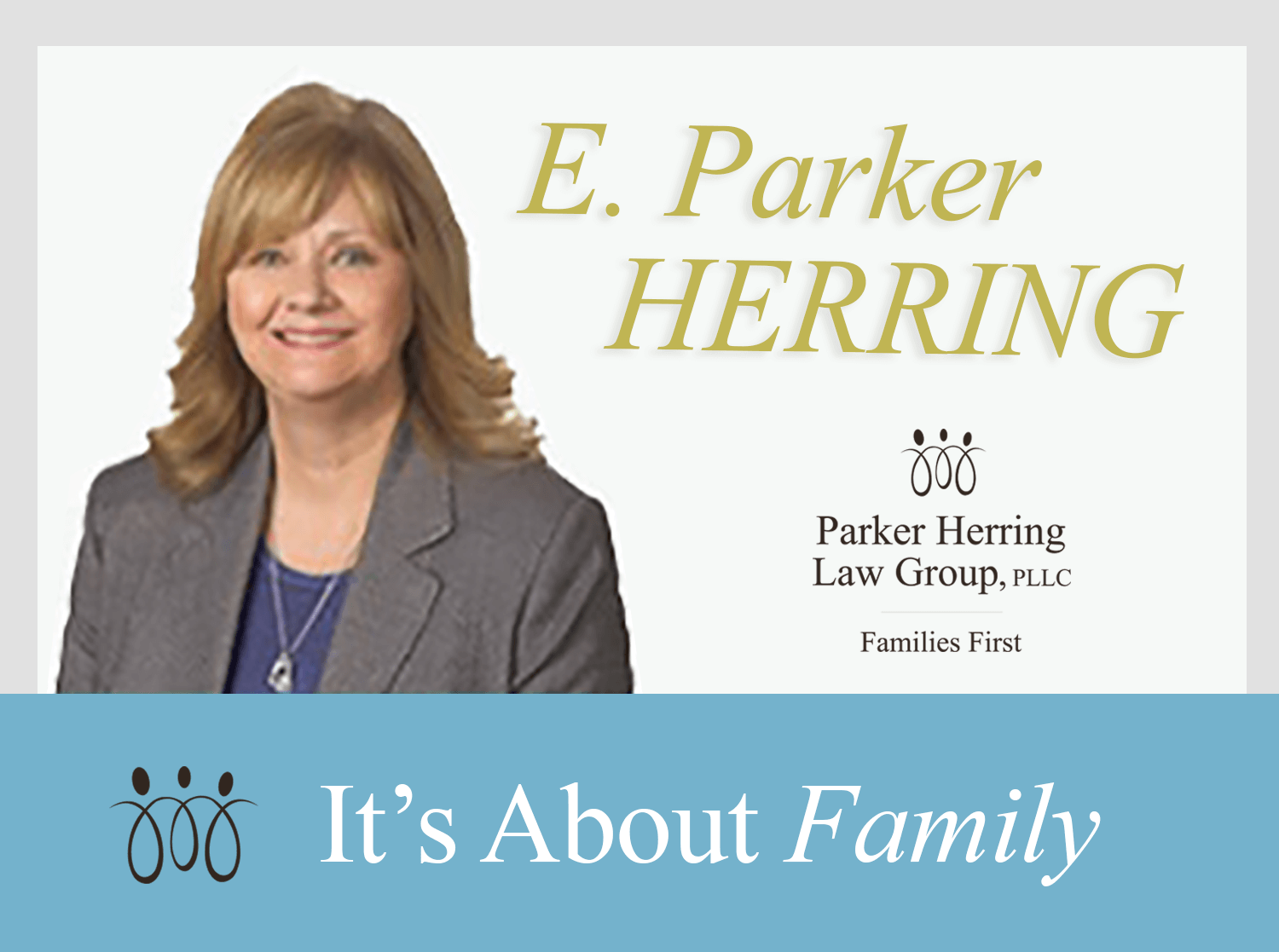One of the first questions that parents ask when starting the breakup of a marriage is “What will happen to the children?”
 It used to be that mothers received primary physical custody of children, especially with younger kids, and the fathers received alternate weekends from Friday nights through Sunday night. The “tender years doctrine” (that the mother serves the best interest of the child at least while children are aged 0-4 or “the tender years”) — is no longer the law in North Carolina, and has been abolished in almost all of the states. Now, family law courts favor co-parenting, with the judge balancing all of the circumstances in coming up with a custodial arrangement that is in the “best interest of the children.”
It used to be that mothers received primary physical custody of children, especially with younger kids, and the fathers received alternate weekends from Friday nights through Sunday night. The “tender years doctrine” (that the mother serves the best interest of the child at least while children are aged 0-4 or “the tender years”) — is no longer the law in North Carolina, and has been abolished in almost all of the states. Now, family law courts favor co-parenting, with the judge balancing all of the circumstances in coming up with a custodial arrangement that is in the “best interest of the children.”
This was not always the law in North Carolina. As described in a North Carolina Supreme Court decision from 1973, preference for custody of the children to the mother ruled:
[I]t is said: “It is universally recognized that the mother is the natural custodian of her young. . . . If she is a fit and proper person to have the custody of the children, other things being equal, the mother should be given their custody, in order, that the children may not only receive her attention, care, supervision, and kindly advice, but also may have the advantage and benefit of a mother’s love and devotion for which there is no substitute. A mother’s care and influence is regarded as particularly important for children of tender age and girls of even more mature years.” Spence v. Durham, 283 N.C. 671, 687, 198 S.E.2d 537, 547 (1973)
In 1977, the North Carolina legislature amended its custody statute to overrule this outdated rule. Now by law a court may not base a custody decision, as between parents, on any presumption in favor of either the mother or the father, but instead must focus only on the best interests of the child as determined from the actual evidence before the court. This means a father has, in theory, equal rights to custody, but in practice, especially with newborns, this may not be the case. Each judge has his or her own beliefs and results could differ in different courtrooms.
A judge will consider many factors in deciding where the child will reside, including:
-who has been the primary caretaker in the past;
-the ability of each parent to provide for the child, the work schedules of the parents, the current living arrangements;
-whether a parent has backup childcare;
-the presence of domestic violence, substance abuse and alcohol abuse, etc.
It is important, however, to know your judge and his or her preferences, because the presentation of your case before the judge will focus on the factors he or she believes are most important.

